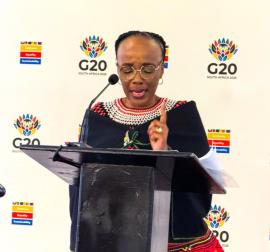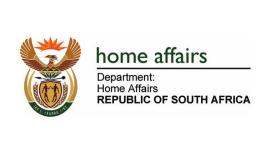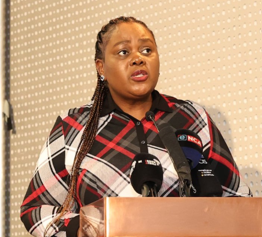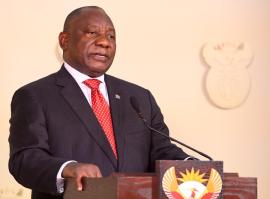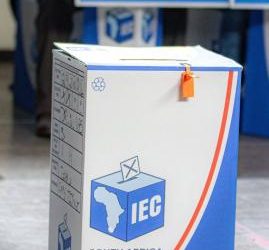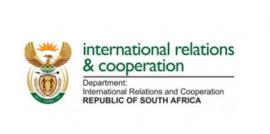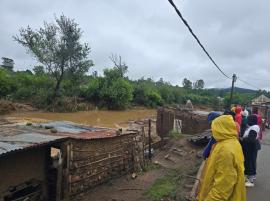The Minister of Women, Youth and Persons with Disabilities, Sindisiwe Lydia Chikunga, has addressed a dialogue where she emphasised the right to equality of each individual and the need to dismantle it across society.
“We are not only discussing policy; we are renewing a moral covenant — that no woman, no girl, no person should ever have to negotiate their safety, their dignity, or their worth. This is the generation that must make equality irreversible,” she said.
The Minister was addressing the Intergenerational Dialogue on Building Positive Masculinities for a South Africa Free from Gender-Based Violence and Femicide.
Monday’s dialogue was an official side event of the G20 Empowerment of Women Working Group (EWWG) and comes ahead of next week’s Ministerial Meeting.
Bringing together voices such as Advocate Joyce Maluleke, Director-General of the Department of Women, Youth and Persons with Disabilities (DWYPD) to advance conversations on building positive masculinities for a South Africa free from gender-based violence and femicide (GBVF).
“We are gathered to confront a deeply entrenched truth: which is, inequality is sustained at the intersection of belief, custom and power. I am of the view that, the challenge is not faith or culture themselves, but rather how they are sometimes interpreted and practised in ways that legitimise male dominance, silence women and girls, and normalise violence and exclusion,” she said.
The Minister also spoke about the Positive Masculinity Initiative, a partnership between the department and the GBVF Response Fund, United Nations Resident Office and related UN Offices.
The initiative focuses on redefining manhood and transforming social norms engaging men and boys through schools, faith spaces, initiation forums, sports and workplaces and supporting communities to adopt local charters on positive masculinity among others.
“Later this month we will convene the Positive Masculinity Conference to consolidate this national framework and align it with the broader G20 effort,” she said.
She added that across the African continent, patriarchal norms remain deeply embedded in faith and cultural systems and that studies by UN Women and Afrobarometer show that even where women’s equality is recognised in principle, it is often undermined in practice by male-dominated religious and customary leadership structures.
“In South Africa, these dynamics take on painful, visible forms. We have seen girls married off to older men under the cover of religion, from KwaZulu-Natal to the Eastern Cape; we have seen ukuthwala — the abduction of young girls for marriage — misused to justify coercion; and ukungenwa, a custom exercised on widows, which still continue in some communities. Each of these violates the law and the moral core of our traditions. So, let us be clear, under-age and coerced unions are crimes, not culture or faith,” she said.
She added that inequality begins not in policy or legislation but in the household.
“So, distinguished guests, our task today is therefore not theoretical. It is to dismantle the architecture of inequality — in pulpits and in parliaments, in cultural councils and in households— and to replace it with a culture of care, equality, and accountability that gives practical expression to our Constitution’s promise of dignity and freedom for all,” she said. –SAnews.gov.za

